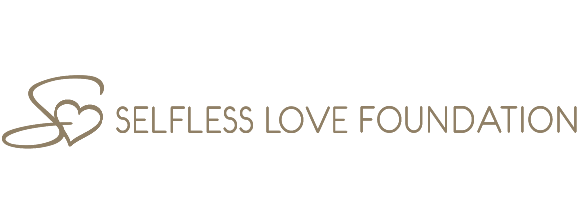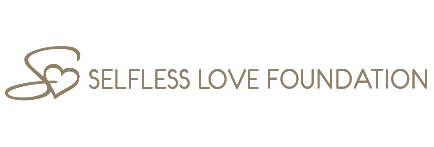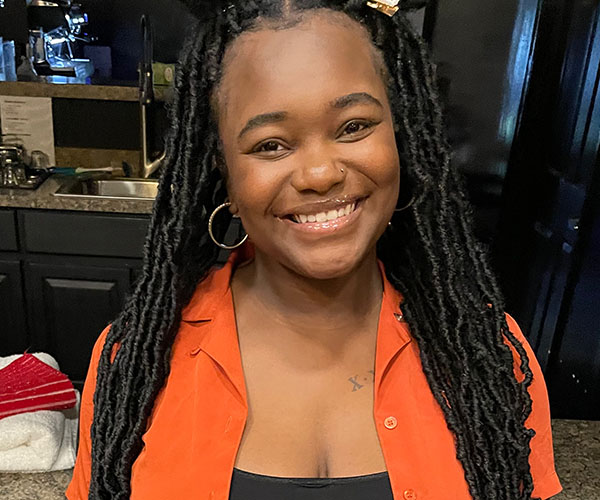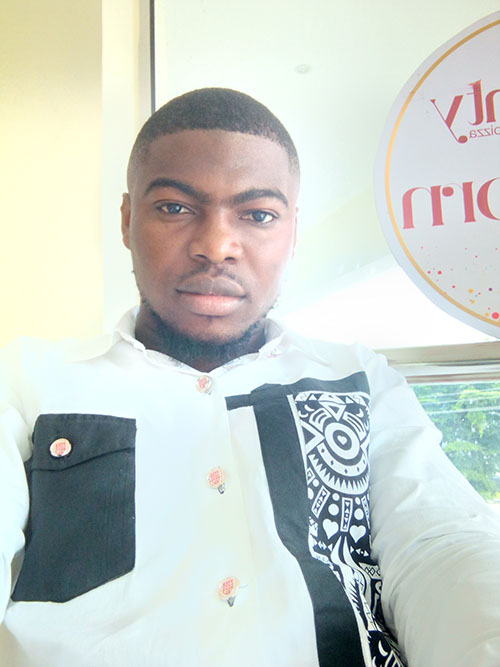OVI Youth Whisperer Blog: Self-Sufficiency for Former Foster Youth
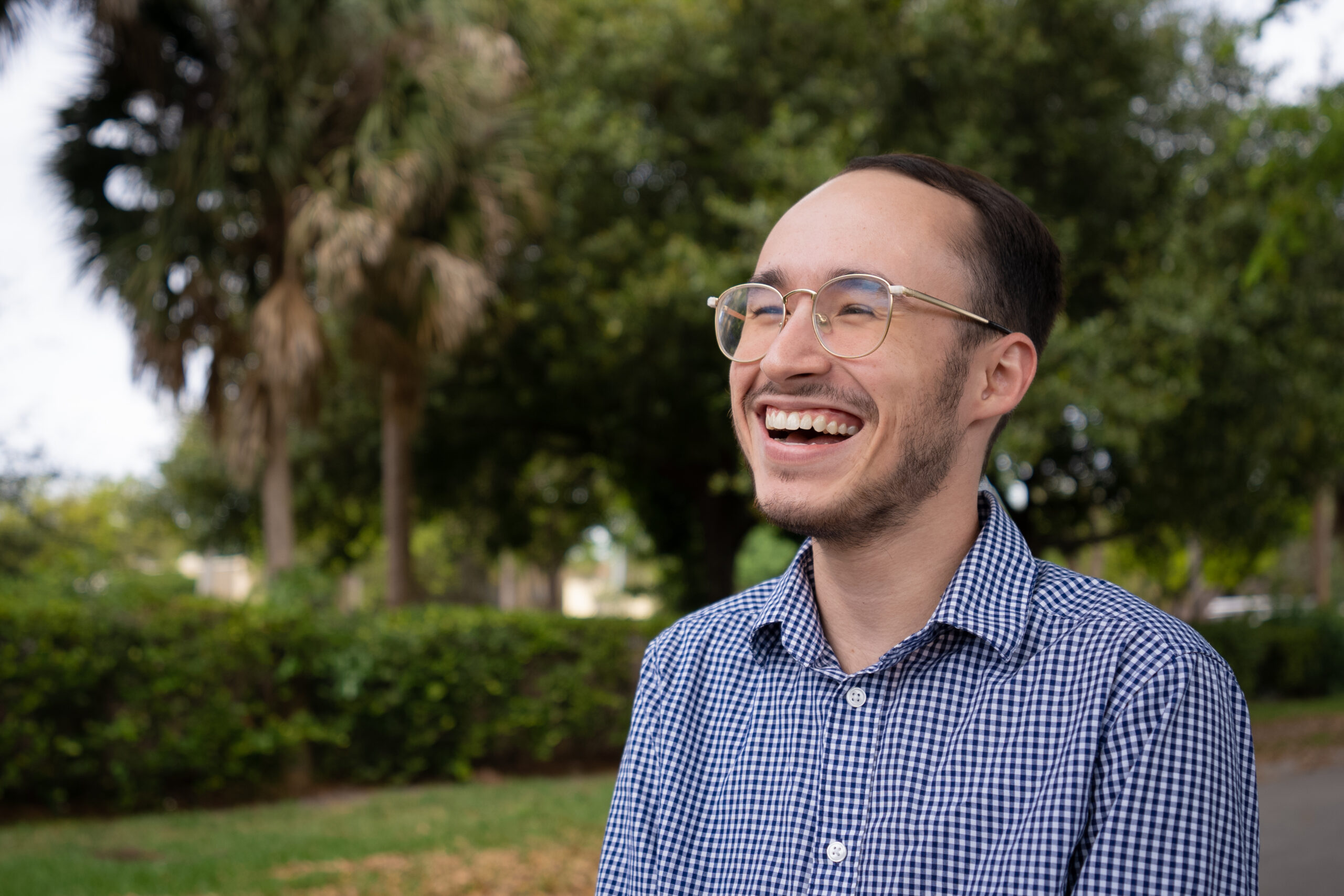
One Voice IMPAACT is happy to provide monthly YOUTH WHISPERER blogs to support our colleagues working with transition age foster youth. These blogs will include highlights of the most recent research on transition age foster youth, success stories from the field, and principles of youth engagement.
Let's Talk About Self-Sufficiency
The goal of independent living services is self-sufficiency. The Foster Care Independence Act of 1999 established the John H. Chafee Foster Care Independence Program to help current and former foster care youths achieve self-sufficiency. The Fostering Connections to Success and Increasing Adoptions Act of 2008 expanded title IV-E of the Social Security Act to allow states to extend foster care to certain eligible youth up to age 21.
So, are transitioning youth who are receiving these independent living services and supports prepared for self-sufficiency at age 21 or 23? Without any mandated data collection or implementation of a self-sufficiency assessment during service delivery, we cannot answer that question. We can only point to research being carried out by Chapin Hall in states, like California, that shows on average these young people are faring poorly compared to their age peers across many measures of wellbeing.
If our goal for transitioning youth is self-sufficiency, then we must expand the conversation beyond life skills and educational attainment. We also need to consider the other critical components for self-sufficiency, such as supportive adult connections, housing stability, employment, health, income and financial resources, food insecurity, transportation, etc.
We need to be evaluating a youth’s progress toward self-sufficiency and using that data to drive service delivery. If not, then all we are doing is postponing homelessness. We can do better for OUR youth.
Points to Ponder: How can we better prepare transitioning youth for self-sufficiency? We love to share best practices, please email us at [email protected] and let us know your ideas.
Dr. Elizabeth Wynter is a rainmaker for transition age foster youth. Wynter’s work in this arena has helped launch a statewide youth voice movement, drive policy and practice improvements, and better equip system professionals and foster youth with tools and knowledge to achieve self-sufficiency.
Wynter believes that foster youth should be valued as organization assets. By using a pluralistic approach in which youth and systems professionals share control in decision making, program planning and implementation, and advocacy, a dual impact of improved outcomes for transitioning youth and a more responsive child welfare system can be realized.
As the Executive Director of the Selfless Love Foundation, Wynter has led the state of Florida in making youth engagement a centerpiece of conversation. With over two decades of child welfare experience, an unwavering commitment to transform the system, and an ineffable capacity to challenge the status quo, Wynter is a catalyst for change.
Selfless Love Foundation’s youth voice initiative, One Voice IMPAACT (OVI), provides current and former foster youth opportunities to develop skills for leadership and life, advocate for changes to policy and join a network of youth leaders across the state of Florida.
OVI launched “Foster Youth Voice Month” in October 2021. This statewide campaign focused on shifting the perspective of how foster youth are viewed by the public and within the child welfare system. To learn more or to get engaged next year, go to www.YouthVoiceNation.org.
